The end of labor is to gain leisure
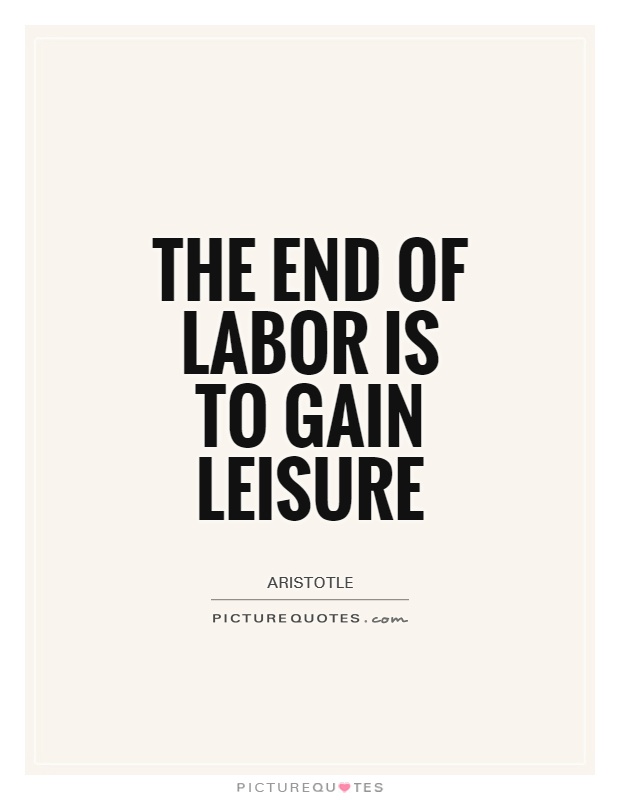
The end of labor is to gain leisure
In Aristotle's philosophy, the idea that the end of labor is to gain leisure holds significant importance. Aristotle believed that the ultimate goal of human life is to achieve eudaimonia, or flourishing, which can only be attained through the cultivation of virtue and the pursuit of intellectual and moral excellence. In order to achieve this state of flourishing, Aristotle argued that individuals must engage in activities that are in line with their natural talents and abilities, and that allow them to develop their full potential as human beings.Labor, in Aristotle's view, is a necessary means to an end. It is through labor that individuals are able to provide for their basic needs and sustain themselves, but it is not an end in itself. Instead, labor should be seen as a means to an end, namely the attainment of leisure. Leisure, in this context, does not simply refer to idleness or relaxation, but rather to the freedom to engage in activities that are truly fulfilling and meaningful.
For Aristotle, leisure is essential for the cultivation of virtue and the pursuit of intellectual and moral excellence. It is during moments of leisure that individuals are able to engage in activities such as contemplation, reflection, and the pursuit of knowledge, which are essential for the development of the rational and moral faculties. In this sense, leisure is not simply a luxury or a privilege, but a necessary condition for the realization of human potential.
Aristotle believed that the pursuit of leisure should not be seen as a selfish or self-indulgent endeavor, but rather as a noble and virtuous pursuit. By engaging in activities that are in line with their natural talents and abilities, individuals are able to contribute to the common good and fulfill their role as members of society. In this way, the end of labor is not simply to gain leisure for oneself, but to use that leisure in the service of others and the greater good.



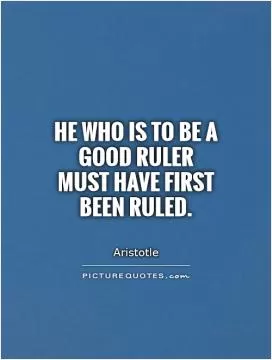



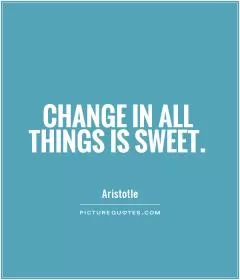
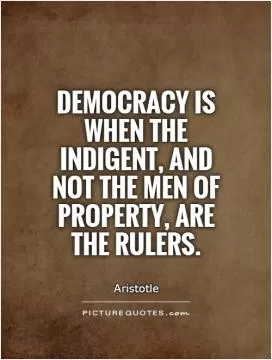
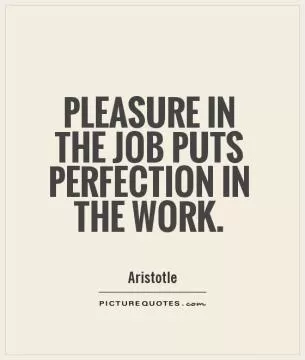


 Friendship Quotes
Friendship Quotes Love Quotes
Love Quotes Life Quotes
Life Quotes Funny Quotes
Funny Quotes Motivational Quotes
Motivational Quotes Inspirational Quotes
Inspirational Quotes